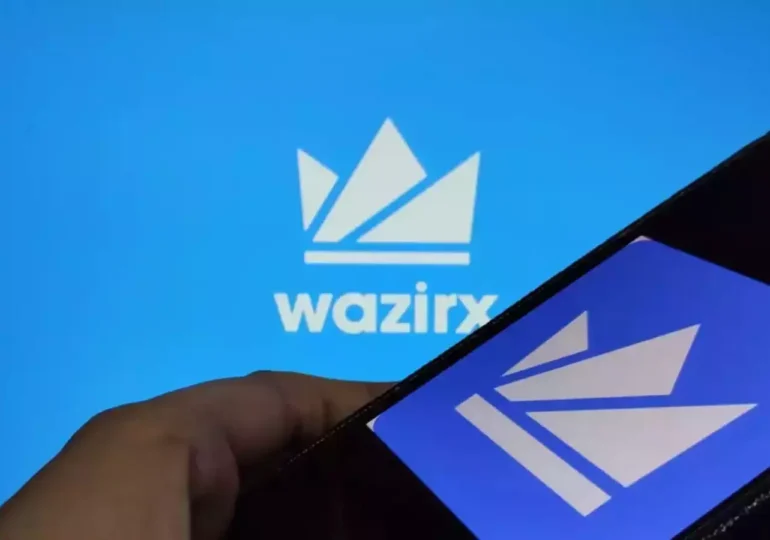Indian Crypto Industry on Edge: Concerns Mount Over Potential Exodus of Web3 Talent and Funding Amid Legal Delays

Government Scrutiny Intensifies: Indian Finance Ministry Evaluates Crypto Risks to Current Financial Systems
For Web3 firms eyeing the expansive market of India, the next eighteen months loom like an eternity as they anxiously await the deployment of crypto laws. Despite the G20 finalizing a crypto roadmap this year, India remains at least a year-and-a-half away from implementing these regulations. Recent disclosures from officials in India’s finance ministry reveal ongoing assessments of potential risks that cryptocurrencies could pose to the country’s existing financial systems.
Kumar Gaurav, the founder and CEO of Cashaa, expressed the palpable frustration within the industry over the prolonged wait for India to establish its crypto laws. Cashaa, a banking platform, empowers users to manage both traditional real-world economy and cryptocurrency within a single account.
Gaurav emphasized the concerning outcomes associated with the delayed implementation of a comprehensive regulatory framework for crypto. He pointed out the potential flight of resources, funding, and skilled talent – crucial assets for a developing nation like India. This sentiment, according to Gaurav, extends to venture capitalists who seek regulatory clarity before committing further funding to the crypto sector, underscoring the significance of timely regulations for sustaining growth and innovation in the Indian crypto landscape.
Presently, a bunch of other countries are taking brisk steps to incorporate crypto assets in their economies. Dubai, Abu Dhabi, and Singapore among regions from the UK, US, Asia, and Middle East are regulating the crypto sector in a way that makes their respective markets lucrative for crypto players to set up shops in.Indian crypto community members like Gaurav are concerned that the delay in India getting its comprehensive crypto laws could result in required assets flowing to more established jurisdictions.
“This scenario could result in India relinquishing its current leading position in the blockchain and crypto space, necessitating a catch-up phase once the regulatory framework is eventually established,” the chief of Cashaa added.

The reason why India is seeing a delay in deploying its concrete crypto regulations was recently touched upon by Jayant Sinha, the Chair of the Standing Committee on Finance in India’s Parliament.
“Global standards are still evolving and 2024 is the year of elections around the world. Many important countries, whether it’s the US, the UK, India, are going in for elections. So, I’m not sure in 2024 the standards will develop. We also have to see what’s going to emerge from the (crypto) meltdown about whether some of these companies are going to survive,” Sinha said at a recent event.
“We are looking forward to regulations which are specific to India and must understand that it will be an ongoing process. India has one of the most lucrative markets for this industry with the right combination of talent, resources and learning opportunities that need to be agile that would help them evolve with the onset of regulations,” WazirX’s Menon noted.




















